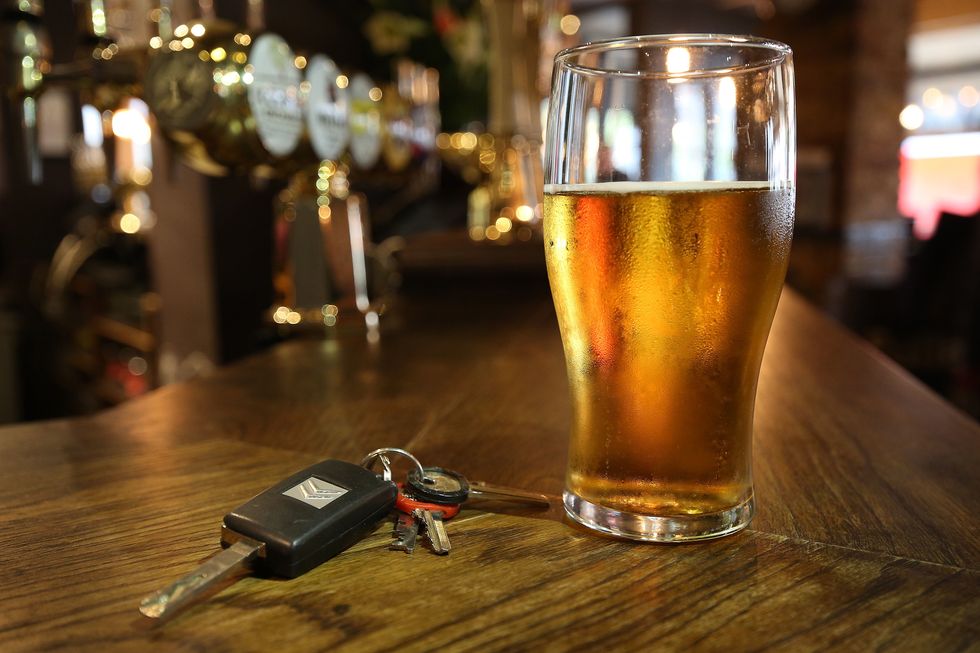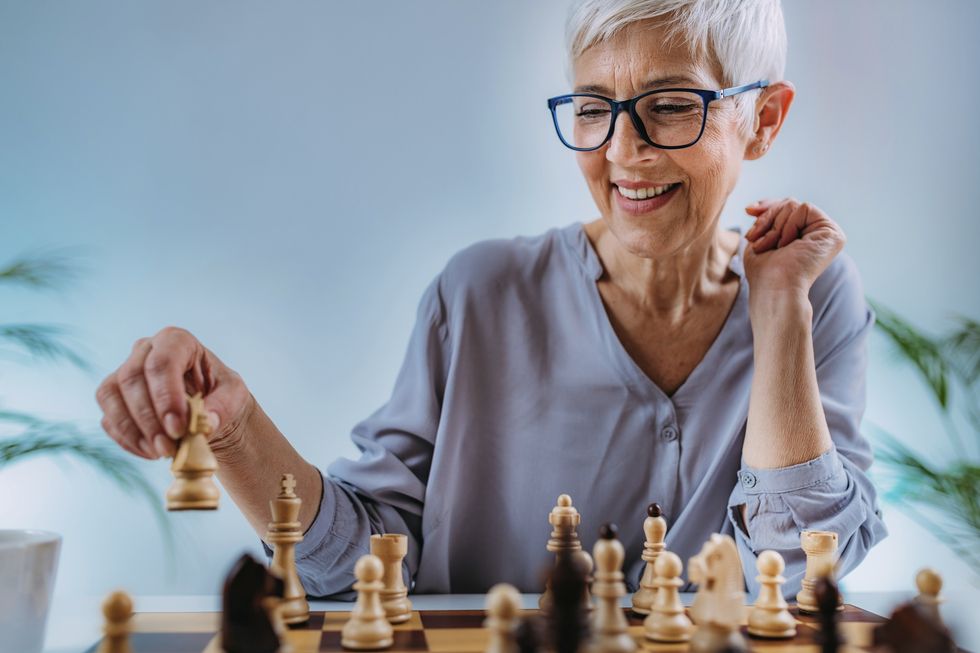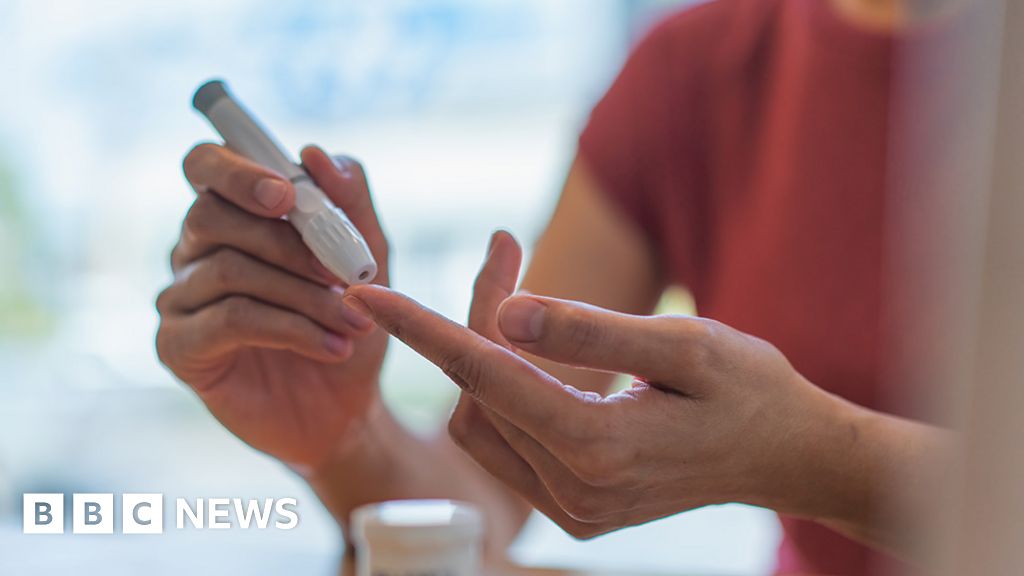Memory shapes who we are and where we have come from.
And yet, like most biological processes, we tend to take it for granted until it comes under attack.
Age and genes often lead the charge but researchers continue to illuminate how lifestyle decisions can have an impact too.
Consultant Neurologist Patrick Holford is among those advancing this effort.
Through his non-profit, Food for the Brain, Mr Holford “focuses on helping people make simple, positive changes that will give your brain and memory an upgrade and dementia-proof your diet and lifestyle in the future”.
Defining memory is a good place to start. We have two types of memory: explicit and implicit.
Explicit memory can be defined as the information regarding places, such as things, people, and events.
It can be recollected by conscious effort. This is subdivided into episodic memory which is also called autobiographic memory (events/experiences) and semantic memory (facts).
Implicit memory is recollected unconsciously (like brushing your teeth or riding a bike).
Implicit memory is recollected unconsciously (like brushing your teeth or riding a bike)
“We can experience all kinds of memory loss, via conscious and subconscious efforts, physical trauma or stress, lifestyle changes, progressive interference, genetics, and epigenetics,” explained Doctor Claudia Aguirre, a mind-body specialist who has a PhD in Neuroscience.
She continued: “We cannot reverse, say amnesia, through the diet. But we can address a future impact on cognition and memory through dietary interventions.”
Doctor Aguirre cites “compelling evidence” that shows dietary patterns can slow the rate of cognitive decline, such as Alzheimer’s disease (AD) – the most common type of dementia characterized by a progressive loss of episodic memory and cognitive function.
The neuroscientist singles out the Mediterranean diet, which has been associated with slower rates of decline in memory and thinking in numerous studies.
A large-scale study published last year in BMC Medicine suggests a Mediterranean diet of seafood, wholegrains, nuts, fruit and vegetables could lower the risk of dementia by almost a quarter.
Other neurologists agree: “A balanced diet rich in fruits, vegetables, whole grains, lean proteins, and healthy fats in moderation (like olive oil) provides essential nutrients that support brain function,” said Amy Reichelt, Neuroscientist and Chief Innovation Officer of PurMinds Neuropharma.
The MIND diet has also attracted the attention of neuroscientists. The diet combines elements of the Mediterranean diet and the Dietary Approaches to Stop Hypertension (DASH) diet, emphasising plant-based foods (especially berries and leafy greens) and limited consumption of animal products and saturated fats.
One study concluded that the MIND diet “substantially” slows cognitive decline with age.
Another study of 509 twins found that those following these diets (Med and Mind) better preserved episodic and visuospatial working memory after 10 years.
For Mr Holford, specific supplement combinations have shown promise in fighting memory loss.
He points to groundbreaking research that shows a combination of B vitamins and omega-3 can stop the brain from shrinking by over 70 percent.
Brain atrophy can lead to problems with thinking, memory and performing everyday tasks.
The key lies in breaking down homocysteine – a toxic amino acid that accumulates when there is a lack of B vitamins in your body. Homocysteine accelerates the rate of brain shrinkage.
A raised homocysteine level therefore means something is going wrong with a vital process that controls how we think, feel and perceive.
And it’s entirely dependent on B vitamins. Vitamins B12, B6 and folic acid break down homocysteine, thereby reducing brain shrinkage.
LATEST DEVELOPMENTS

A combination of B vitamins and omega-3 can stop the brain from shrinking by over 70 percent, study suggests
Getty Images
This effect appears to be enhanced with omega-3. Research found that giving older people with the first signs of cognitive impairment supplemental B vitamins (B6, B12 and folic acid) at higher levels than can be achieved through diet to those with sufficient omega-3 fats produced 73 percent less brain shrinkage in a year, compared to placebo.
The finding is consistent with previous studies. Mr Holford, the Consultant Neurologist, also recommends taking phospholipids for memory decline.
Phospholipids are molecules that form the building block of cell membranes.
Phosphatidylcholine – a type of phospholipid – has been associated with better performance in cognitive tests assessing verbal fluency and memory.
Furthermore, the risk of dementia appears to be lower in men with the highest intake of dietary phosphatidylcholine, when compared to men with the lowest intake, the same research suggests.
Other promising supplements include:
- L-Theanine – An amino acid found naturally in some mushrooms, green and black teas is linked to an improvement in mental performance and the ability to focus in some studies A small study in Neuropharmacology, participants who took 100 milligrams of L-theanine before a monitored two-hour task period made fewer errors during that time than those who received a placebo. There is no established dose recommendation but studies often use daily doses between 100 and 250 milligrams
- Magnesium – A 2022 study of over 2,500 people ages 60 and older found those who consumed the highest amounts of magnesium through food and supplements had higher scores on cognitive tests compared to those who consumed the least. However, it’s unclear whether low levels of magnesium increase the risk of dementia or if people with dementia have low levels of magnesium for some other reason

Phosphatidylcholine – a type of phospholipid – has been associated with better performance in cognitive tests
Getty Images
Can my diet hasten memory decline?
According to Ms Reichelt, diets high in saturated and trans fats are not only linked to weight gain but also have been associated with cognitive decline and an increased risk of dementia.
“Avoiding eating foods high in these fats, such as fried foods, processed meats, and baked goods, may therefore help preserve memory and cognitive function,” the neurologist said.
And it’s not an “old person’s” problem either – younger men who ate high levels of trans fats performed more poorly on a memory test involving word recall than those who ate lower levels, a study published in PLOS One found.
Other dietary offenders
“My current opinion and those of other experts is that no amount of alcohol is beneficial to the brain,” Ms Reichelt said.
Doctor Renée Hoenderkamp is more equivocal, noting that drinking alcohol in moderation has not been conclusively linked to an increased risk of dementia.
The GB News contributor says moderate drinking is the equivalent of one to 14 units a week for men and women, ideally spread over three days with several alcohol free days.
“Having said all of this, it is clear that drinking over this and binging is bad news for the brain and not only increase dementia risk but can also cause long term damage to the brain, known as alcohol related brain damage (ARBD),” she added.
“This occurs over time as drinking too much alcohol can bring about changes to the physical shape and structure of the brain.”

Binge drinking can cause long term damage to the brain, doctor warns
PA
What else can help boost memory?
A new book outlines simple recollection-boosting techniques to improve learning – or to help remember names and numbers.
The Psychology of Memory uses research based on cognitive psychology to increase understanding of all types of memory and their impact.
It shows how memory has a huge impact on our lives and can be impaired by alcohol, sleep-deprivation and caffeine.
The authors debunk myths such as that memory is merely a collection of past events. Instead, they show how it is vital for remembering to perform a task in future.
Strategies can strengthen this type of memory which is known as ‘event-based’ recall.
The authors suggest leaving a purse in the back seat of the car as a cue to remember to remove your child from their car seat before heading into work.
Other memory-boosting techniques can improve long-term knowledge and lead to more efficient learning, according to the authors.
One technique described in the book is ‘retrieval practice’, the strategy of ‘pulling’ facts from memory.
An example is learning a new colleague’s name by deliberately addressing them by it every time you see them.
Chess players remember the location of pieces on the board using schema – a way of organising new information in the brain.
The benefit of schema is it also reduces demands on working memory, and while the authors are not suggesting that it is easy to become a chess champion, anyone can use schema to store and recall complex information.
“Visual and auditory techniques can also help train the memory of normal individuals. The ability to recall the order of cards in a pack seems impressive but can be achieved by creating mental associations for each card,” the authors explained.
“Anyone who has studied knows that regular practice is essential. But to become an expert in a field of learning, people need to employ deliberate practice. The difference is that deliberate practice involves purposeful and deliberate attention whereas regular practice just involves repetition.”

The benefit of schema – a technique used in chess – reduces demands on working memory
Getty Images
In conclusion
Unfortunately diet alone may not reverse memory loss in situations like dementia and neurodegenerative disease.
But the research does suggest a healthy lifestyle can help keep the brain resilient.
“I would advise patients that if they are worried about themselves or a friend who’s becoming increasingly forgetful, to speak to a GP about whether it could be a sign of dementia,” advised Doctor Hana Patel.
“As a GP I might refer patients to a memory specialist for an in-depth assessment.
“Further tests, such as scans, may be appropriate. Any treatment that’s recommended will depend on the cause of the memory problems.”

Sarah Carter is a health and wellness expert residing in the UK. With a background in healthcare, she offers evidence-based advice on fitness, nutrition, and mental well-being, promoting healthier living for readers.








